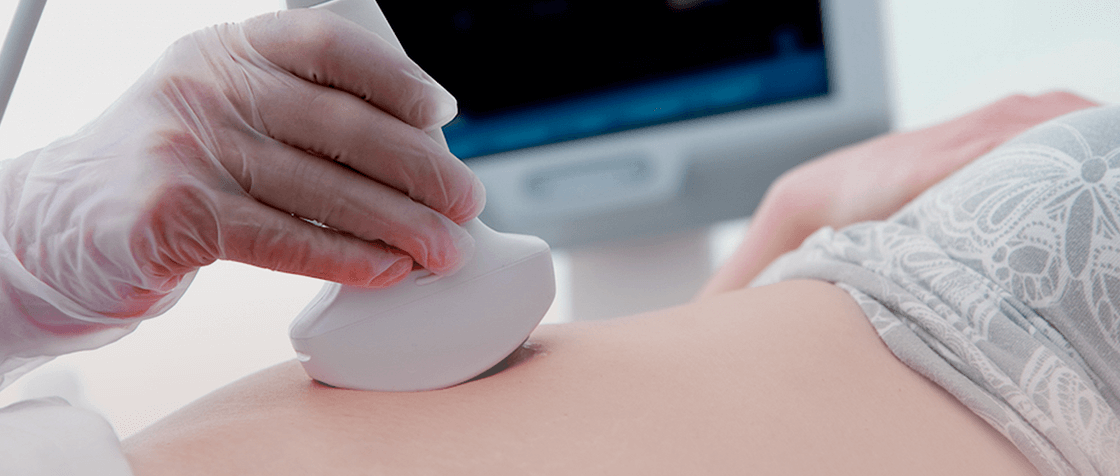What is an early pregnancy scan?
Early pregnancy scan is one of the most important ultrasound scans in pregnancy because it confirms the pregnancy and verifies the fetus is developing as expected. It can be repeated after a couple of weeks, in order to follow the typical development of your baby and to check if the heartbeat is audible and regular.
Why should you do it?
There are several reasons to have an early pregnancy scan.
It is rarely available as a regular scan on the NHS unless problems occur, such as pain, vaginal bleeding, or in a case of a history of miscarriage in previous pregnancy.
Private Ultrasound experts believe it is of crucial importance to have the early pregnancy scan as a regular scan in each and every pregnancy. There are several reasons for this.
- Early scan will confirm your pregnancy.
- It will show if your pregnancy is regular or an ectopic one. Ectopic pregnancy means that the egg was fertilised in the Fallopian tube instead of the uterus.
- It can ascertain if you are having a single pregnancy, twins or even triplets.
- Vitally, it will detect the regular heartbeat of the fetus.
- According to the size of the fetus, your Sonographer can calculate the conception date and, accordingly, confirm your delivery due date. This method of calculating your due date is even more precise than counting on your last period, especially in cases of irregular periods.
- As sad as it sounds, statistics show that many pregnancies end during the first trimester. Regular Ultrasound screenings can help prevent issues in the first trimester by regular supervision and monitoring of the progress. No other tests can assist in monitoring a pregnancy at such an early stage as reliably as ultrasound scan.
When can it be done?
Early pregnancy scan can be performed starting 6th week of pregnancy, i.e. six weeks after your last period date, to confirm your pregnancy and to make sure everything is well with your baby. It can also be repeated later on, until the 14th week.
Any time earlier that 6th week is not advisable, as the fetus could not have developed enough to have an observable heartbeat, thus the results of the scan could be misleading.
How is it done?
There are two possibilities for performing the early pregnancy scan.
1. Abdominal scan
The first option is the most commonly used abdominal scan. In this procedure, a Sonographer rubs some gel onto your tummy and then slides a hand-held device, called ‘transducent probe’ or ‘ultrasonic transducer’, over to send sound waves through your womb and confirm the pregnancy.
Extra tip: It is advisable to have a full bladder prior to the scan, as liquid enables better transmission of sound waves. Drink 3 to 4 glasses of water about an hour before your appointment and make sure not to visit the loo. Even if it may be slightly uncomfortable, it will ensure best screening results.
2. Transvaginal scan
This other procedure is usually performed with early-stage pregnancies, or when the regular tummy scan does not provide clear results.Instead of using a probe on your tummy, the probe is lubricated with gel and inserted internally. This way, the results obtained are clearer and more reliable. It is also important to note that this method is completely safe for you and your baby, as well as entirely painless.
Early pregnancy scan should be made a regular scan in all pregnancies, not just the difficult ones. It can provide important data on many pregnancy aspects, starting from the number of pregnancies and fetus development, it can show an audible heartbeat of the fetus, and, finally, foresee and prevent possible complications later on.
It should be done as early as possible and repeated after a while, because you can only benefit from knowing your baby is developing as it should be, allowing you the peace of mind and a joyous journey of pregnancy, stage by stage.




